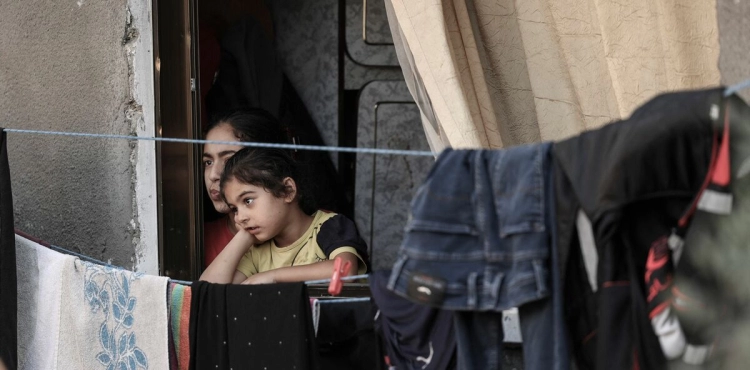Minister of Foreign Affairs and Expatriates, Riyad Al-Malki, affirmed that 1.8 million Palestinians, or a third of the Palestinian people, suffer from food insecurity, including 55% of refugees and 45% of non-refugees, adding that 62% they suffer from severe food insecurity, and more than 90% of them live in the Gaza Strip, which has been suffering from the effects of the blockade for more than 15 years.
This came during his participation in the second Mediterranean ministerial dialogue on the food crisis, which was held on the sides of the Mediterranean Dialogue Conference in the Italian capital, Rome.
Al-Maliki added that agriculture remains of high importance to the Palestinians on the economic level, but 63% of the Palestinian agricultural land is located in Area C and is subject to forced displacement of farmers to build settlements, and deprives Palestinians from exploiting it, And most of the water resources are robbed. To use the settlements, leaving the Palestinians without adequate amounts of water.
He stressed that the Israeli occupation that has been going on for decades, and the deprivation it imposes on it from exploiting its available resources, is causing a difficult economic situation that the people suffer from, in addition to the Palestinian lack of job opportunities and poverty , all of which pose serious challenges to food security in Palestine.
Al-Maliki stressed that in light of this global food insecurity situation, we affirmed our commitment to addressing the global food crisis through international cooperation mechanisms, as Palestine is not only a recipient of international support aimed at developing its plans and strategies to overcome related challenges to food security, but rather a contribution to international efforts. In the field of development and humanitarian cooperation, which contributes to achieving the United Nations 2030 Agenda for Sustainable Development.
Al-Maliki made proposals that would contribute to reducing the global food crisis, such as reforming the current financial system, encouraging investment in sustainable infrastructure, working to build trade systems that allow growth for countries, and imposing a fair tax system for all; It includes electronic commerce, opening a technological dialogue to develop ideas and technologies, allowing everyone to access these modern technologies, and working on a fair information and technology system that builds the digital divide between different countries.
Malki: A third of the Palestinian people suffer from food insecurity












